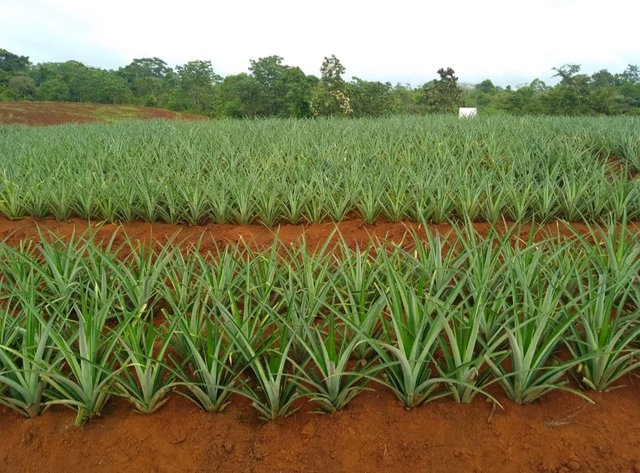Do You Pay Tax on Farmland? Understanding Farmland Taxes

Farmland ownership comes with various financial considerations, including taxation. Many landowners wonder whether they are required to pay taxes on their farmland and what factors influence the taxation process.
In this article, we explore the complexities of farmland taxes on agriculture property for sale, including the potential tax liabilities, exemptions, deductions, and strategies for managing tax obligations.
Taxation of Farmland
In most countries, farmland is subject to taxation, similar to other types of real estate property. The specific tax laws and regulations governing farmland taxation vary by jurisdiction and can have significant implications for landowners. Farmland taxes are typically assessed based on the assessed value of the land, which may be influenced by factors such as soil quality, location, land use, and agricultural productivity.
Property Taxes
One of the primary forms of taxation on farmland is property taxes, which are levied by local governments or taxing authorities. Property taxes are assessed annually based on the assessed value of the farmland and are used to fund local government services such as schools, roads, and public safety. The property tax rate may vary depending on the jurisdiction and may be subject to exemptions, discounts, or special assessments for agricultural land use.
Income Taxes
In addition to property taxes, landowners may be subject to income taxes on their farmland-related income, such as rental income from leasing the land to tenants or profits from agricultural activities. Income taxes are typically based on the net income generated from the farmland and may be subject to federal, state, or provincial income tax rates, as well as deductions, credits, and exemptions available to agricultural businesses.
Tax Exemptions and Deductions
Some jurisdictions offer tax exemptions or deductions for farmland to encourage agricultural production, land conservation, or rural development. These exemptions may include agricultural use exemptions, conservation easements, or special tax treatment for qualifying agricultural properties. Landowners should explore potential tax incentives and consult with tax professionals to maximize tax savings and minimize tax liabilities on their farmland.
Estate Taxes
Farmland may also be subject to estate taxes or inheritance taxes upon the transfer of ownership through inheritance or gift. Estate tax laws vary by jurisdiction and may include exemptions, deductions, and tax rates based on the value of the farmland and the relationship between the decedent and the beneficiary. Proper estate planning, including the use of trusts, gifting strategies, and tax-efficient transfer methods, can help mitigate estate tax liabilities and preserve farmland assets for future generations.
Tax Planning Strategies
Landowners can implement various tax planning strategies to manage their farmland tax obligations effectively. These strategies may include structuring farmland ownership entities, timing income and expenses, utilizing tax-deferred exchanges, and maximizing available tax deductions and credits. By working with tax professionals and staying informed about changes to tax laws and regulations, landowners can optimize their tax outcomes and minimize tax burdens on their farmland.
Conclusion
In conclusion, farmland ownership entails various tax considerations, including property taxes, income taxes, estate taxes, and potential tax exemptions and deductions. Understanding the complexities of farmland taxation and implementing tax planning strategies can help landowners manage their tax obligations effectively and maximize tax savings.
By staying informed about farmland tax laws and regulations and consulting with tax professionals, landowners can navigate the tax landscape with confidence and preserve the financial viability of their farmland investments for generations to come.